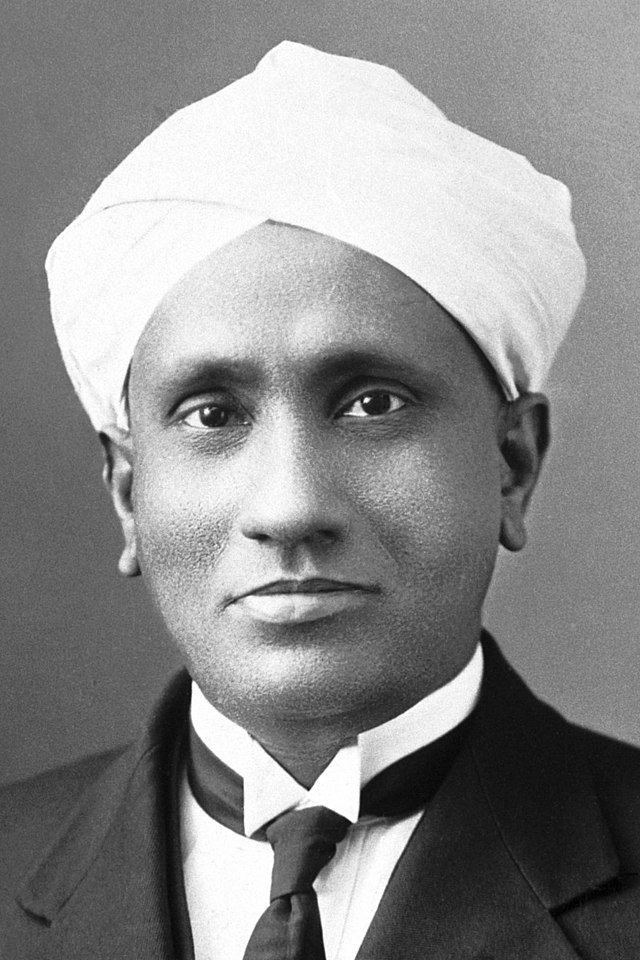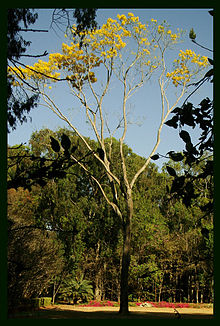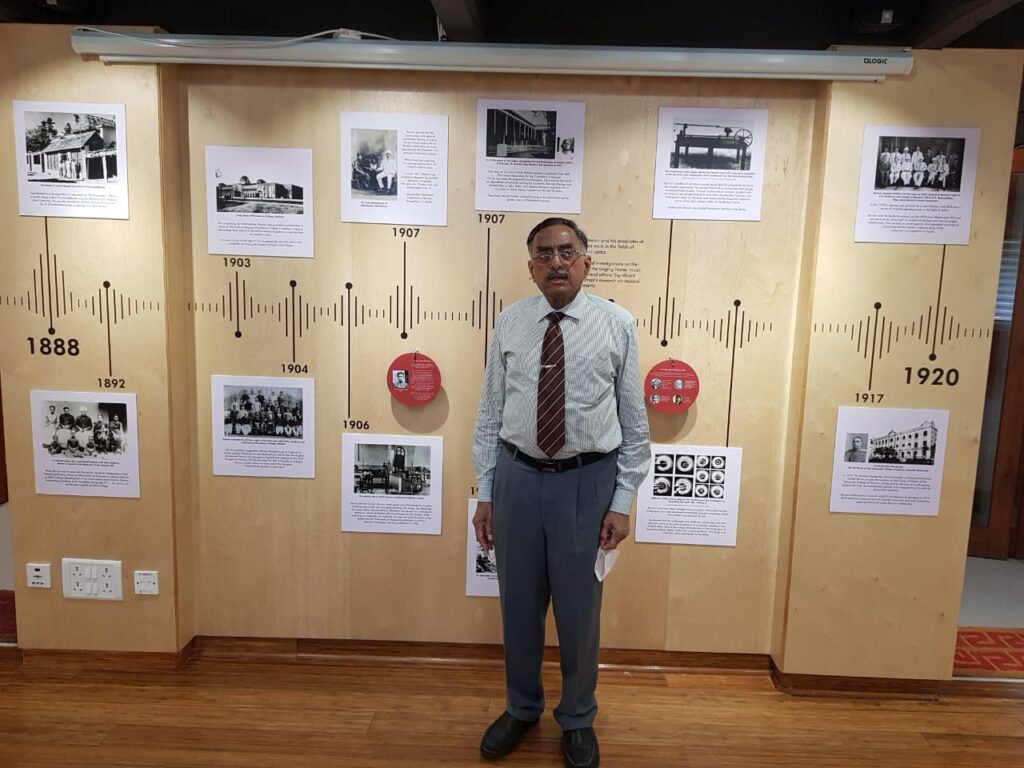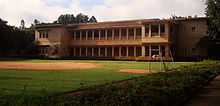On November 07th 2022, India celebrated 134th birthday of Sir C.V Raman, one of the brilliant Indian Physicists, first Indian and also first Asian to win a Nobel Prize in Science. Chandrasekhara Venkata Raman was born on 07th November 1888 at Tiruchirapalli, located in the present state of Tamilnadu. Befittingly on his birth anniversary, Raman Research Institute, located in Bengaluru and founded by the Nobel laureate in 1948, celebrated Platinum Jubilee.

Over the last seventy four years, RRI has been promoting outstanding research in frontier areas of Physics thus dominating the scientific landscape of India. Platinum Jubilee Celebrations were inaugurated on 07th November at RRI by Dr. Srivari Chandrasekhar, Secretary, Department of Science and Technology, Govt of India and Prof.Somanath, Chairman, ISRO in the august presence of renowned scientists, present and former faculty, research scholars and other invitees. Several academic conferences have been planned to be organised throughout the year. As the first in the series, showcasing RRI will focus on RRI’s research areas in the fields of Soft Condensed Matter Physics, Astronomy and Astrophysics, Light and Matter Physics and Theoretical Physics. Faculty from different fields will share research findings with peers and students. The programme is scheduled for five days from 7th to 11th November 2022.
Raman Research Institute is located on C.V Raman Avenue in an area of about ten acres with a unique blend of buildings, open spaces, garden, trees and lawns. Raman Research Institute is the dream child of Sir C .V Raman.

Raman dominated Indian Science during the first half of the twentieth century and he was awarded Nobel Prize in 1930 for his monumental work on scattering of light named after him as “Raman Effect”. He became the Director of Indian Institute of Science in 1933. Even when he was the Director of Indian Institute of Science, he had the ambition to establish a research institute of his own, carry out research and enjoy doing science. Having learnt about the ambition of C.V Raman, the then Maharaja of Mysore Nalvadi Krishna Raja Wodeyar gifted ten acres of land, close to IISC itself, to C.V. Raman. He founded Indian Academy of Sciences with the sole intention of promoting science in the country.
In 1943, an agreement was made between Indian Academy of Sciences and C.V Raman to establish Raman Research Institute and construction work was started in the same year. C.V Raman personally supervised the construction work and completed the work in 1948.The Institute was named as “Raman Research Institute” by the Academy. Raman personally funded the institute along with funds from private sources. He refused to accept funds from government agencies. In fact, RRI remained as a private research facility as long as Raman was alive. In 1972, two years after his demise, it became an autonomous research institute funded by the Department of Science and Technology. In the first floor of the institute’s main building, an auditorium and a museum are located. The museum has rich collection of gems, crystals, minerals and rock specimens from across the world, most of which were collected personally by Raman. He was very much fascinated by the colours of feathers of birds, butterflies, beetles etc. A fairly large collection of them can be seen in the museum. U V room is an added attraction in the museum.

Sir C.V Raman was a lover of nature. He spent evening years of his life in the institute’s quarters. Arrangements were made for him to rest comfortably in a room facing the garden. But as the level of the windows was much higher than that of the cot, Raman was unable to watch garden, trees and lawns through the windows. When Raman discussed this problem with his friends, the height of the cot was appropriately raised.
C.V Raman breathed his last on November 21, 1970 at the age of eight two years. He was cremated in the institute’s premises.
After the death of Raman, as a mark of respect to the illustrious son of India, Govt of India declared RRI as National Research Centre. It is now funded by the Department of Science and Technology.
10.4 m millimeter wave radio telescope is housed in the institute. Apart from this, Decameter wave radio telescope at Gauribidanur set up in collaboration with Indian Institute of Astrophysics, radio telescope (meter wave) set up at Mauritius, international level laboratories set up in the liquid crystals department, are some the advanced research facilities made available to the researchers.
Raman himself set up well stocked library in 1948 with his own collection of books and journals. However, library was expanded and moved to a new spacious building in 1976. Presently, it is regarded as one of the prestigious libraries in the country. Very recently, “Archival Gallery” has been established in the library. The history of the institute, its journey in the last seven decades, recent path breaking scientific findings, facilities etc. are very well showcased in the gallery.
Since the inception, RRI has been doing path breaking work in several branches of Physics like Soft Condensed Matter Physics, Astronomy and Astrophysics, Light and Matter Physics, and Theoretical Physics. Internationally acclaimed scientists are carrying out research in these branches of Physics. Today, the institute stands tall at international level of scientific research promoting high quality research in several frontier areas of Physics. With Pride, I mention that I am one of the alumni of RRI. I worked for my Ph.D in Liquid Crystals in the institute.
I conclude with a quote by C.V Raman “Ask the right questions, and nature will open the doors to her secrets.”






The article is informative and provides a detailed description of RRI…the language and choice of words add further colour to the article sir.
Thank you madam
very informative article
ಸರ್. ಸಿ.ವಿ.ರಾಮನ್ ಬಗ್ಗೆ ಹಾಗೂ ರಾಮನ್ ಸಂಶೋಧನಾ ಸಂಸ್ಥೆ ಬಗ್ಗೆ ವಿಸ್ತಾರವಾಗಿ ವಿವರಿಸಿದ್ದೀರಿ. ಧನ್ಯವಾದಗಳು. ಇಂತಹ ಪ್ರಸಿದ್ಧ ವಾದ ಸಂಸ್ಥೆ ಬೆಂಗಳೂರಿನಲ್ಲಿ ಇದೆ ಎಂಬುದೇ ಹೆಮ್ಮೆಯ ವಿಷಯ. ಈ ಸಂಸ್ಥೆಯಲ್ಲಿ ಡಾಕ್ಟರೇಟ್ ಪಡೆದ ನೀವು ಧನ್ಯರು. 🙏
Good to know the science and technology how important in every one’s life. The article is more informative of RRI. The way of expressing the thought words from you is great sir .